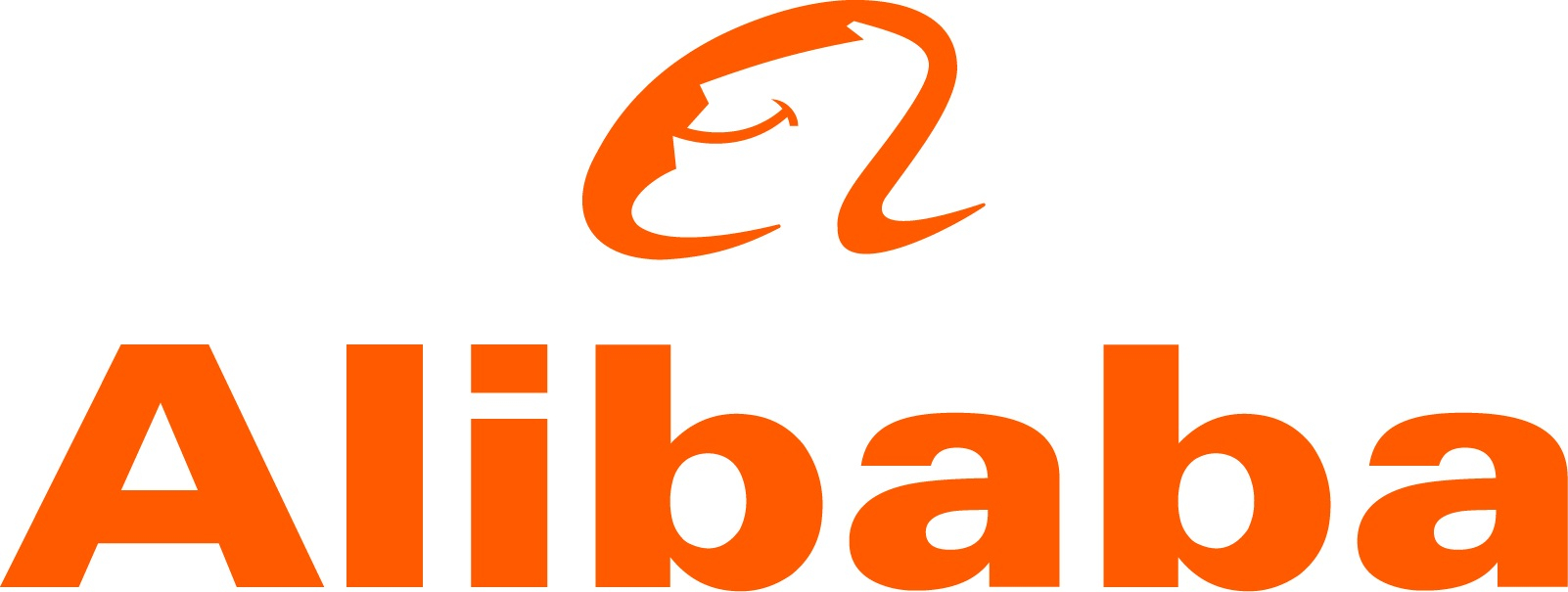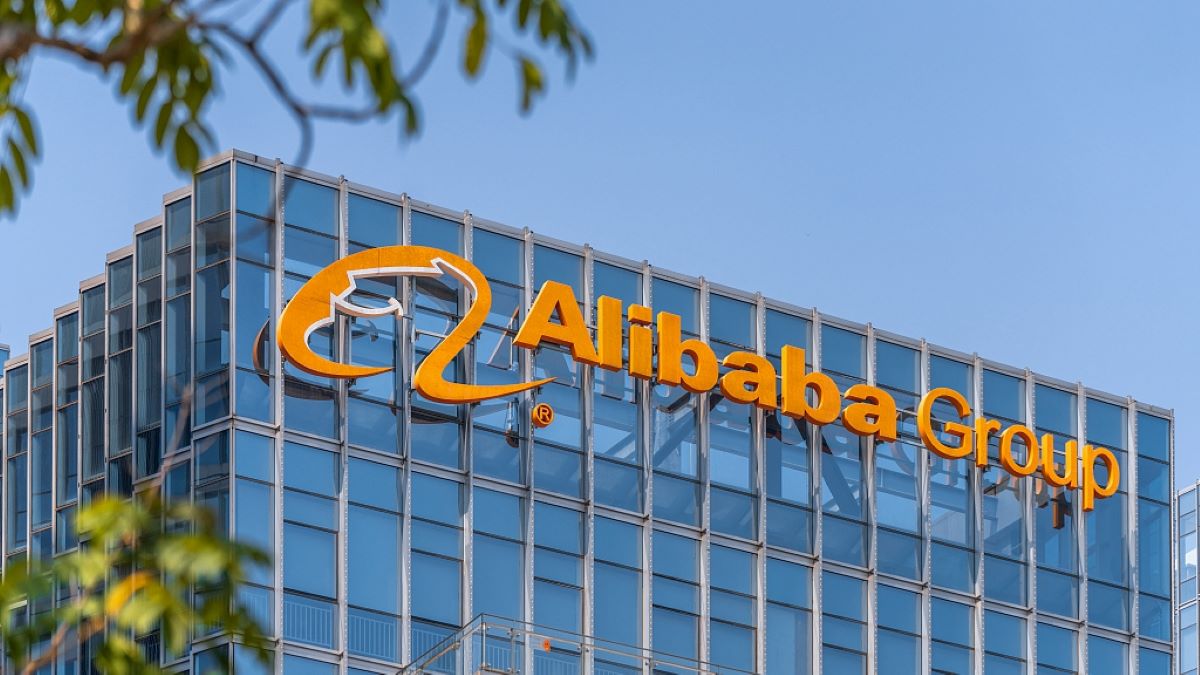Alibaba reported earnings for its fiscal third quarter that exceeded expectations, resulting in a 6% increase in its U.S.-listed shares.
The company has seen a significant decline in value, with around $600 billion wiped off since its peak in October 2020, due to a tightening regulatory environment on tech companies in China, strict Covid-19 control policies, and a subsequent economic slowdown.
Alibaba shares in Hong Kong closed higher on Thursday ahead of the earnings release, as investors anticipated that China’s economic reopening would boost consumer sentiment and spending, benefiting the e-commerce giant.
Although China ended its strict Covid controls, such as lockdowns, in the December quarter, this change is not likely to be fully reflected in the earnings for that period.
China’s regulatory tightening over the past two years is starting to ease, with the enforcement of rules becoming more predictable.
Revenue from Alibaba’s largest business segment, the China commerce division, which includes the popular marketplace Taobao, totaled 169.99 billion yuan, a 1% decline year-on-year.
This drop was primarily due to a 9% decrease in customer management revenue, which comes from services like marketing that Alibaba sells to merchants on its Taobao and Tmall platforms.
Alibaba reported that its gross merchandise volume (the value of transactions across its online shopping platforms) “declined mid-single-digit year-over-year,” mainly due to soft consumption demand, ongoing competition, and a surge in COVID-19 cases in China that caused supply chain and logistics disruptions in December.
However, the company remains optimistic about the future, anticipating a rebound in China’s economy and consumer spending. “Looking ahead, we expect continued recovery in consumer sentiment and economic activity,” said Daniel Zhang, CEO of Alibaba, in a press release.
With a slowdown in its domestic activities, Alibaba is pursuing growth in international markets through its Southeast Asia business Lazada and global e-commerce site AliExpress. International commerce revenue grew 18% year-on-year to 19.47 billion yuan.
Analysts expect Alibaba to see faster revenue growth in the upcoming quarters as the impact of China’s economic reopening is fully realized. Morgan Stanley recently named Alibaba its “top pick” in the Chinese tech sector for the first time in three years.
Last year, Alibaba initiated cost-control measures to improve profitability while balancing essential investments for long-term growth. These efforts have shown results, with a 69% year-on-year increase in net income.

The company’s operating margin for the December quarter was 14%, up from 3% in the same period last year.
Alibaba reduced losses across all its business segments, including its logistics arm Cainiao and its cloud division. “During the past quarter, we continued to improve operating efficiency and cost optimization, resulting in robust profit growth,” said Toby Xu, Alibaba’s chief financial officer, in the press release.
As of the end of the December quarter, Alibaba’s employee headcount stood at 239,740, a reduction of more than 4,000 from the previous quarter.
However, cloud revenue growth has slowed. Alibaba reported cloud revenue of 20.18 billion yuan for the fiscal third quarter, a 3% year-on-year increase, down from the 4% rise seen in the previous quarter and significantly lower than the more than 30% growth rates seen in the past.
Cloud computing accounts for just 8% of Alibaba’s revenue but is viewed by analysts as a potential future growth driver.
The company noted growth from non-internet industries such as financial services, education, and automobile firms using its cloud services, though there was a decline in revenue from the public services sector.
Alibaba announced that it is working on a technology similar to ChatGPT, OpenAI’s popular chatbot. This technology, a form of generative AI, can produce images or text and requires significant computing power.
Alibaba aims to leverage its cloud division to meet the computing needs of these AI applications. “We expect to see exponential growth in demand for compute power,” as these technologies advance, Zhang said.
While Alibaba did not provide detailed information about its ChatGPT rival, Zhang emphasized that the chatbot would be integrated “into business around consumption, around user experience, content generation to drive higher advertising effectiveness,” rather than being developed just for the sake of having a chatbot.
“AI can play a huge role in all of those different areas,” he added.
To boost shareholder confidence amid a stock price slump, Alibaba’s board approved an additional $15 billion for its existing $25 billion share buyback program, which will be extended to the end of its 2025 fiscal year.
In the December quarter, Alibaba repurchased 45.4 million American depositary shares for approximately $3.3 billion under this program.
Alibaba is also working towards making Hong Kong a “primary” listing for its shares, enabling mainland China investors to trade the stock directly. However, the company stated in November that this process would not be completed in 2022 as initially planned.







Leave a Reply